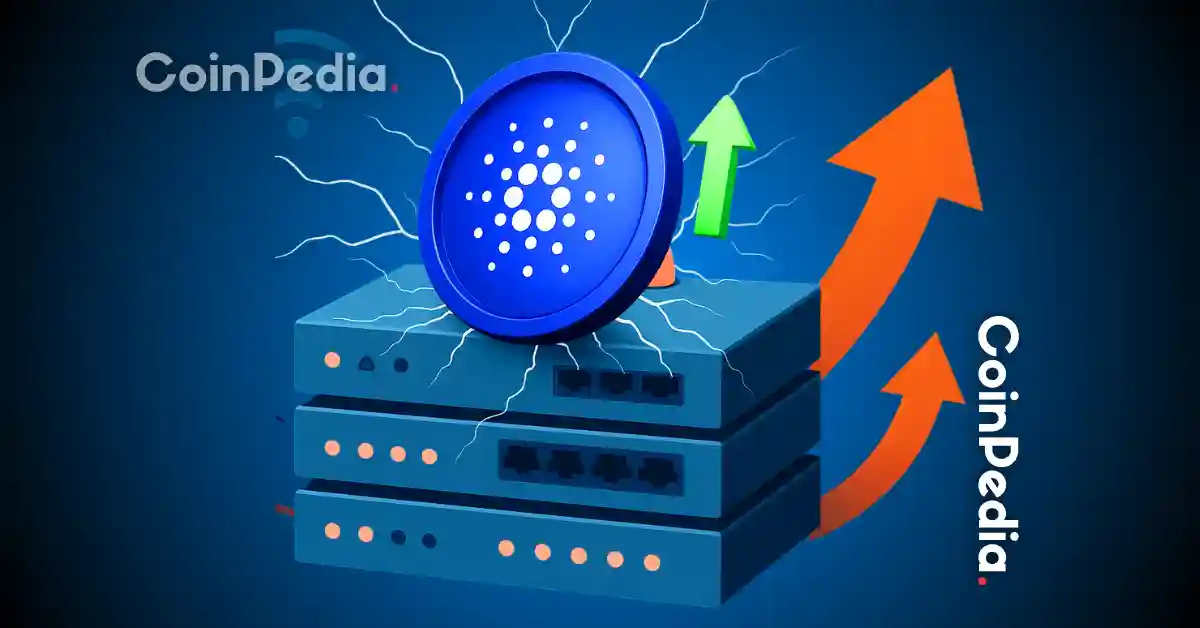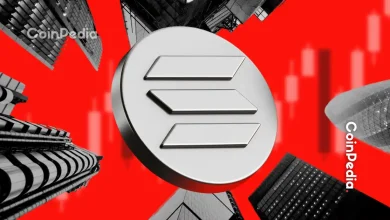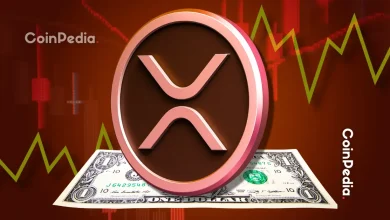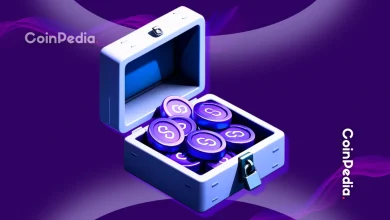
The Cardano community approved a $71M treasury proposal to fund major network upgrades.
The vote marks a first in on-chain governance, with 74% backing Input Output’s plan.
Upgrades will boost scalability, interoperability, and developer adoption for ADA.
The Cardano community just hit a major milestone. With strong support from voters, the network is now set to move into an exciting new phase, pushing it closer to full decentralization with a $71 million treasury proposal!
The proposal, submitted by Input Output Global (IOG), passed with 74% of the vote. It unlocks 96 million ADA, which is about 13% of Cardano’s total treasury. The funds will be released in stages and overseen by Intersect, a community-governed organization.
A Big Win for Decentralized Governance
This is also a first for the ecosystem, with core development funding being directly approved by the community, a major step forward for Cardano’s decentralized governance model.
“This is a milestone moment for Cardano,” said Tim Harrison, EVP Community & Ecosystem at Input Output. “This vote of confidence empowers us to move forward with full transparency, shared responsibility, and a renewed commitment to building an open, resilient ecosystem”, he added.
What the Grant Will Fund: Key Network Upgrades to Watch
This funding will power upgrades aimed at improving interoperability, scalability, and the developer experience. Key improvements funded by the upgrade include:
- Ouroboros Leios – A major performance upgrade that boosts throughput without compromising security or decentralization.
- Hydra – Enables ultra-fast, low-cost transactions, perfect for micro-payments and real-time applications.
- Mithril upgrades – Reduces sync times and supports lightweight clients, making the network more accessible.
- Nested Transactions – Lays the foundation for advanced smart contracts and improved cross-chain compatibility.
- Project Acropolis – A modular redesign of the Cardano node, making it easier for new developers to onboard and contribute.
- Performance optimizations – Faster syncing, lower memory usage, and reduced costs for stake pool operators.
IOG will also onboard external teams, including many from the Cardano Developer Ecosystem Coalition (CDEC), to help build and support a more decentralized, community-led future.
Charles Hoskinson Reacts: “Let’s Get It Done”
Following the vote, Cardano founder Charles Hoskinson thanked the community for their support and trust, saying simply: “Let’s get it done.”
These upgrades are expected to boost developer activity and unlock new use cases, which would ultimately increase the demand for ADA, Cardano’s native token.
Transparency and Accountability Concerns
Before the vote, some community members raised concerns around cost, transparency, and accountability, with some suggesting the proposal be split into smaller, separate items. A rival plan from the Technical Steering Committee didn’t gain traction and was not backed by Intersect. In the end, the community chose to move forward with IOG’s vision.
Adam Rusch, a board member at Intersect, shared in a post on X that it was up to the community to choose which proposal to support.
Meanwhile, other blockchains are upgrading too!
Cardano’s push for upgrades comes as other leading blockchains ramp up development. Solana raised block capacity by 20% in July, while Ethereum increased its gas limit and launched the Pectra hard fork in May. The next Ethereum upgrade, Fusaka, is set for late 2025.
Never Miss a Beat in the Crypto World!
Stay ahead with breaking news, expert analysis, and real-time updates on the latest trends in Bitcoin, altcoins, DeFi, NFTs, and more.
FAQs
Funds will be released in stages under Intersect, a community-governed organization.
It funds Ouroboros Leios, Hydra, Mithril, Nested Transactions, and Project Acropolis.
They aim to boost scalability, interoperability, and developer adoption of Cardano.
Trust with CoinPedia:
CoinPedia has been delivering accurate and timely cryptocurrency and blockchain updates since 2017. All content is created by our expert panel of analysts and journalists, following strict Editorial Guidelines based on E-E-A-T (Experience, Expertise, Authoritativeness, Trustworthiness). Every article is fact-checked against reputable sources to ensure accuracy, transparency, and reliability. Our review policy guarantees unbiased evaluations when recommending exchanges, platforms, or tools. We strive to provide timely updates about everything crypto & blockchain, right from startups to industry majors.
Investment Disclaimer:
All opinions and insights shared represent the author's own views on current market conditions. Please do your own research before making investment decisions. Neither the writer nor the publication assumes responsibility for your financial choices.
Sponsored and Advertisements:
Sponsored content and affiliate links may appear on our site. Advertisements are marked clearly, and our editorial content remains entirely independent from our ad partners.








